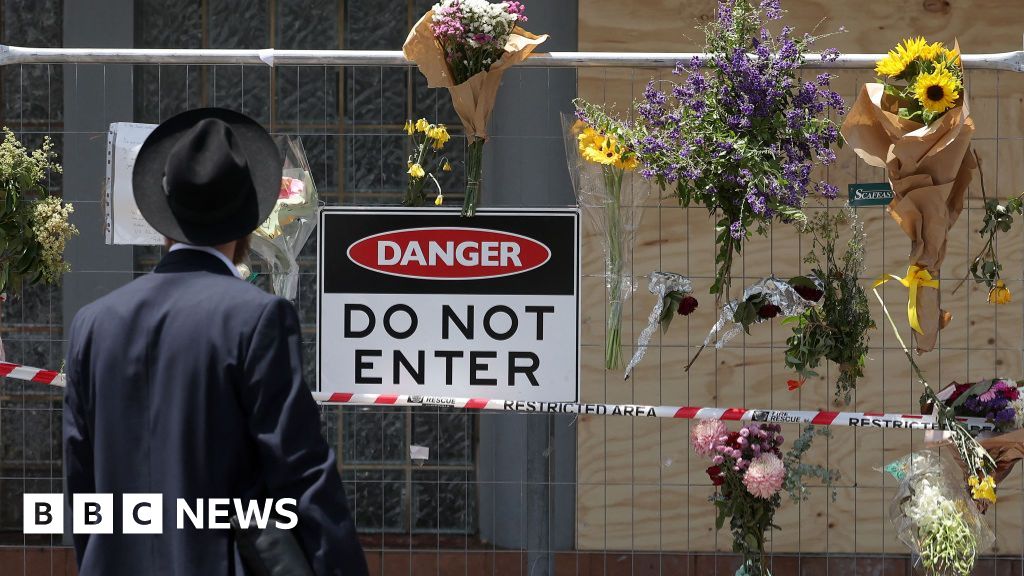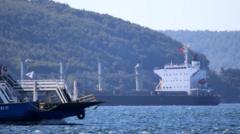The Kurdistan Workers' Party (P.K.K.) has made a historic announcement that it will disband and cease its armed struggle against the Turkish state. This decision comes in the wake of a plea from Abdullah Ocalan, the organization's incarcerated leader, encouraging his followers to abandon their fight. The disbandment follows a protracted conflict lasting over 40 years, which has resulted in the deaths of more than 40,000 individuals from both P.K.K. and Turkish military operations.
Initially formed as a secessionist movement aiming to establish an independent Kurdish state, the P.K.K. has more recently shifted its focus toward advocating for enhanced rights for Turkey's Kurdish population, which accounts for approximately 15% of the nation's demographic. The implications of this shift may profoundly influence not only Turkish politics but also the broader social landscape in neighboring countries with Kurdish populations.
The Turkish government, alongside allies like the United States, has long deemed the P.K.K. a terrorist organization. However, this latest development raises questions about the future of ongoing peace efforts, prior to which the group's history has been riddled with failed negotiations. The disbanding may open new avenues for dialogue, but will depend on how both the Turkish state and Kurdish groups respond to this transformative moment.
This landmark decision signals a potential end to decades of violence and grappling over identity, power, and rights within Turkey's borders and possibly beyond. The future of the Kurdish movement, and its relationship with the Turkish state, hangs delicately in the balance as the P.K.K. transitions from a militant group to one potentially engaged in political processes and peaceful advocacy.




















